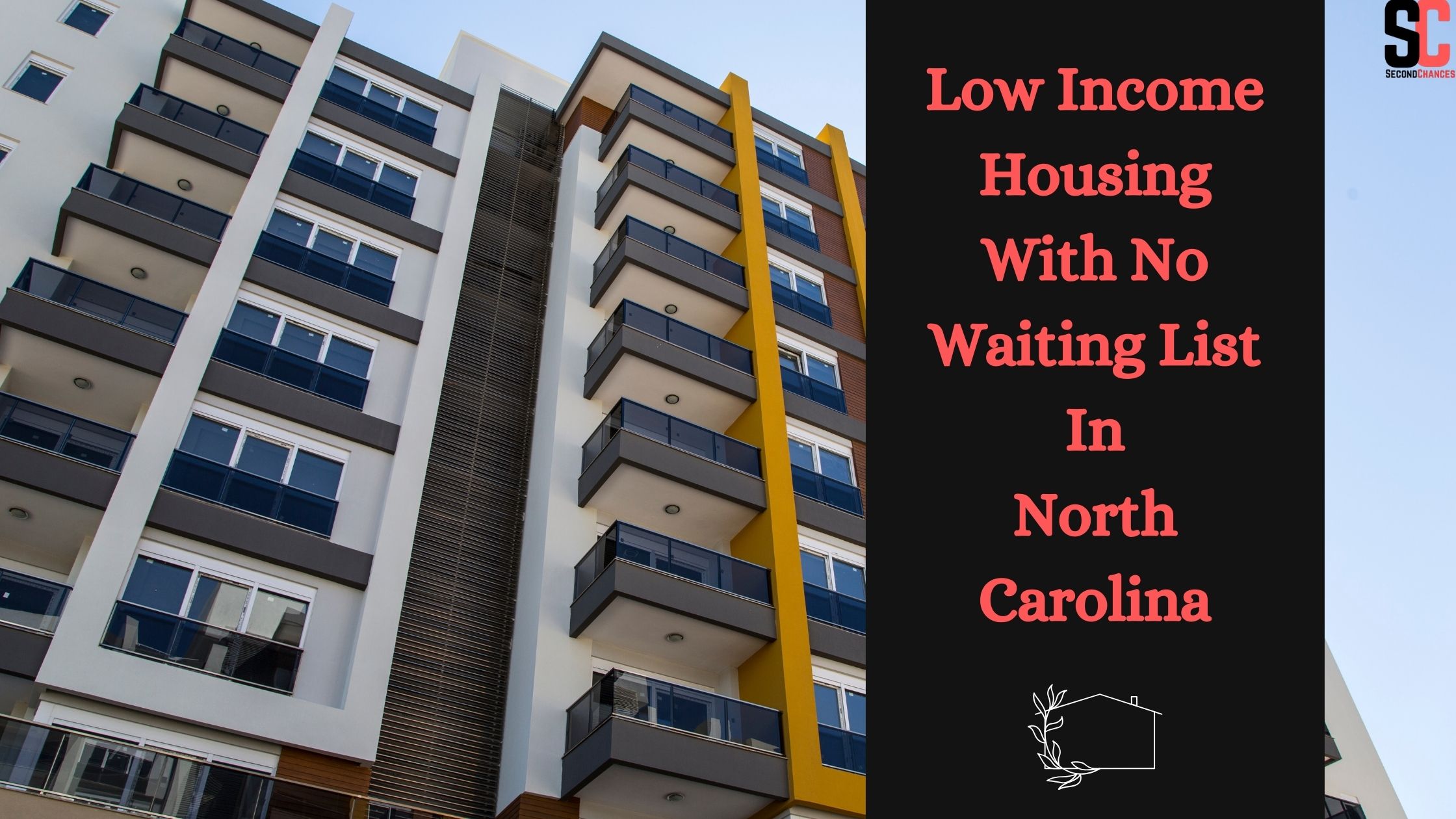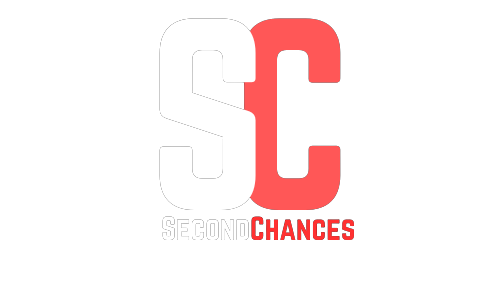Are you a North Carolina resident and want to know about Low Income Housing With No Waiting List In North Carolina?
The bill payment situation is a real problem for thousands of Americans nationwide. It could only take one paycheck to put you in housing instability or homelessness. If you are looking for Low Income Housing With No Waiting List In North Carolina or other charitable resources, don’t be ashamed to ask.
Whether you’re new to low-income housing or are unsure how the application process works, don’t worry.
When it comes to proving your hardships and applying for help, you don’t know where to start. Luckily, we are here to help shed light on what needs to be done first.
Now, let’s get started.
Click Here For more content https://newusanews.com/


